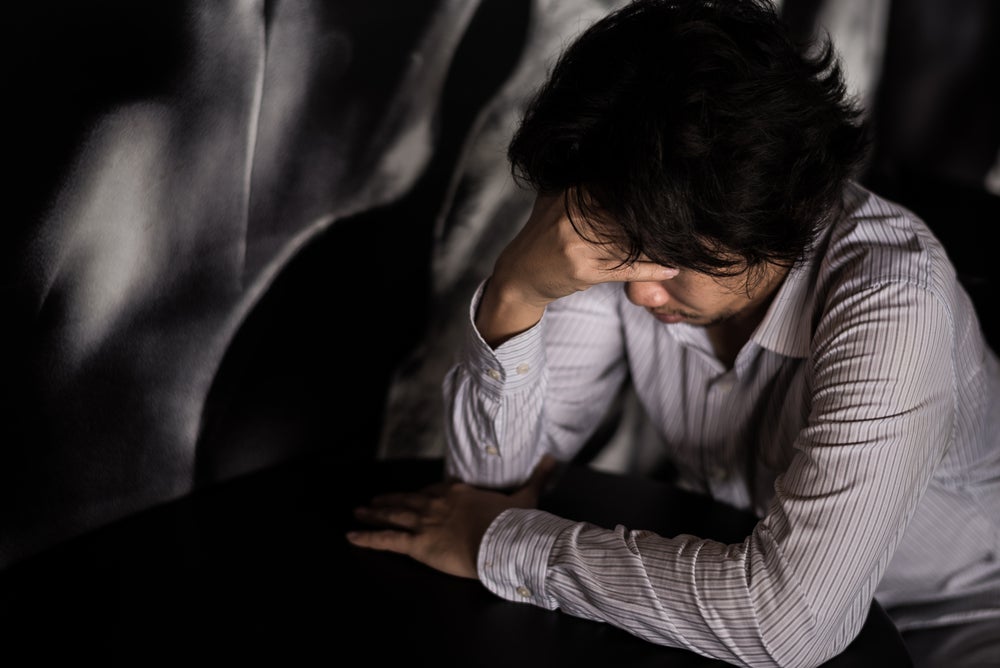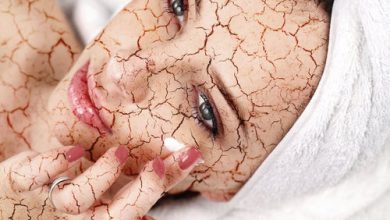Obsessive Compulsive Disorder (OCD)

Obsessive compulsive disorder (OCD), also known as obsessive-compulsive neurosis, is a psychiatric disorder that causes people to generate repetitive thoughts, feelings, ideas, obsessions, and behaviors that prompt them to take action repeatedly . The latter is called compulsions.
Consequently, those who suffer from OCD suffer from anxiety attacks and panic attacks when something bothers them and, therefore, they have not carried out the obsessive rituals that they generate every day.In this way, their behavior is quite different compared to the society around you.
Causes

Often, an estimated 2% of the population suffers from obsessive compulsive disorder. Usually symptoms develop in people who are between twenty and forty years of age or a little more. Among the different medical theories or scientific explanations, the exact causes are not yet known, but certain brain abnormalities that generate it have been demonstrated.
Also, people with obsessive compulsive disorder have tics, that is, involuntary movements that occur when different muscles of the body contract. Despite being different diseases, it is related to Tourette’s syndrome ; however, it is a partial conclusion and not completely true.
Symptoms

Among the most important are, for example, obsessive thoughts that are repetitive and persistent images produced by the mind. This is how the person tries to ignore them, but when producing great anxiety, they feel the uncontrollable need to do them.
Obsessions can be identified in four ways:
- Questions: need to check some things repeatedly.
- Fears or phobias: belief that the body has deformed or contracted germs.
- Impulses: aggressive or sexual.
- Obsessive ideas: need for order, symmetry, religious issues, time, among others.
In relation to the above, compulsions are also manifested . These are mental acts where the patient begins to defend himself against an obsessive idea. Therefore, this behavior is repeated more than once without being pleased.
Diagnosis

The patient’s behavior should indicate whether both symptoms consume most of the time in their day, or cause significant distress that affects their daily activities. Similarly, obsessions are not consequences of drug treatments. They are also not related to other psychiatric disorders.
The diagnosis should also indicate if the person has a family history of the same disorder or if there is an association with involuntary body gestures. Finally, specialists can evaluate patients with questionnaires such as the Yale-Brown Obsessive Compulsive Scale, among others.
Treatment for obsessive compulsive disorder
Cognitive behavioral therapy is highly recommended to help patients with obsessive compulsive disorder. The objective is to help the patient, progressively, to control the anxiety and the respective urgency to carry out the impulsive act. Likewise, psychoeducation about this disorder is provided for patients and their families, and training in skills and social activities.
Depending on the case, the patient may also be recommended psychopharmacological treatment (with antidepressants).








